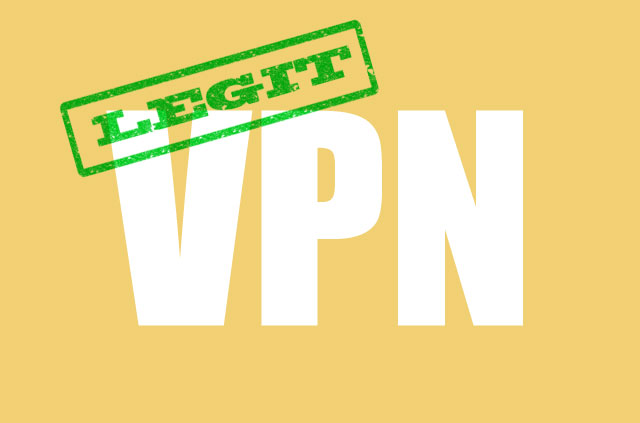There’s no doubt many of the newer VPN services that have sprouted up over the past few years are shady, but how can you tell if a VPN is reputable? Is the VPN really logless? Do they really offer encrypted servers? The marketplace is rife with faux VPN services promising to provide secure, anonymous browsing, but there are ways to tell if a VPN is legit.
Here are a few tips to help you separate the real VPNs from the fake ones.
1. Is your VPN keeping logs?
Whether you choose to believe it or not, the truth is that not all logging is bad. Connection logs, for example, are used by many reputable VPN services to run diagnostics and to see how well (or poorly) their apps are performing. Diagnostic data has absolutely nothing to do with your meta data.
Naturally, some people will be taken back by this, which is why most companies offer diagnostic data logging as an optional service. You should be able to go into your VPN’s settings and manually tick whether you want to send your connection logs.
However, the waters start to get a little murky when VPN providers also log IP addresses and other sensitive DNS data. Worse still, some VPNs even log the sites users visit, which negates using a VPN in the first place.
A quick way to check if your VPN is anonymous or not is to check the terms of service. Regardless of where your VPN has its headquartered, they’re required by law to state what kind of logs (if any) they keep.
2. Does it offer a subscription-based service?
If you’re using a free VPN, you can go ahead and assume your connections are logged. And if you’re using a VPN that provides no kind of refund or, worse, offers a one-time lifetime free, chances are your service is either keeping logs, providing a mediocre server, leaking your IP, or all of the above.
VPNs run their own encrypted servers. As such, these companies charge a fee to maintain them. Using a service that offers a “lifetime warranty” is a red flag that essentially implies that the VPN is either going out of business soon or doesn’t actually run their servers, which in turn means they have no real way to encrypt or anonymize your connections.
3. Where is the VPN service headquartered?
People use VPNs for different reasons: anonymity, bypassing censors, encrypting networks, or just unblocking content. To make sure you’re using the best VPN service as per your specific needs, check the location of your VPN and the privacy rules it adheres to.
Since different countries have varying rules and regulations when it comes to privacy, a VPN headquartered in the U.S. may offer fewer privacy benefits than one in another country.
That’s because the U.S. is one of a handful of countries that participate in the Fourteen Eyes Accord. These countries work together to collect, share, and analyze consumer data. That means any VPN located in a Fourteen Eyes state is required by law to turn over customer browsing records on request.
#TurnOnVPN
Whether you’re currently using a VPN or in the market for a new service, make sure you choose one that honors and protects your anonymity.


Recent Comments